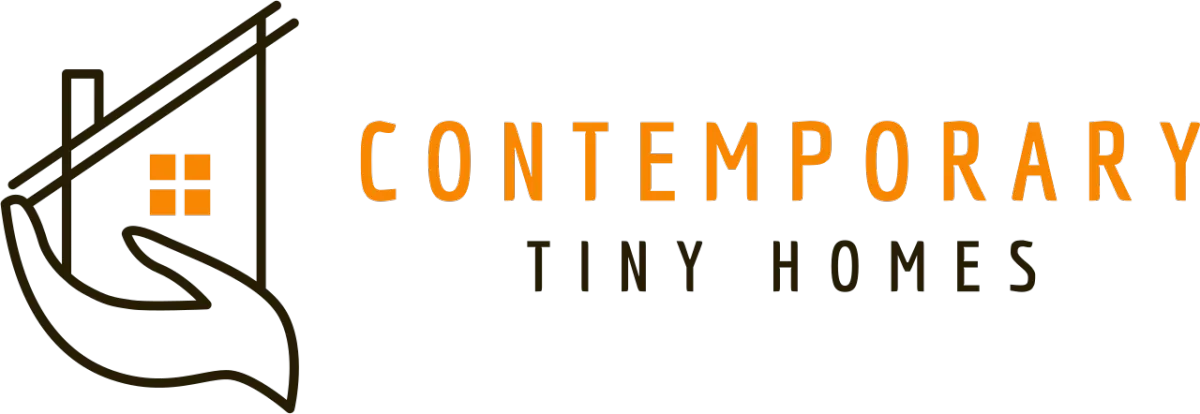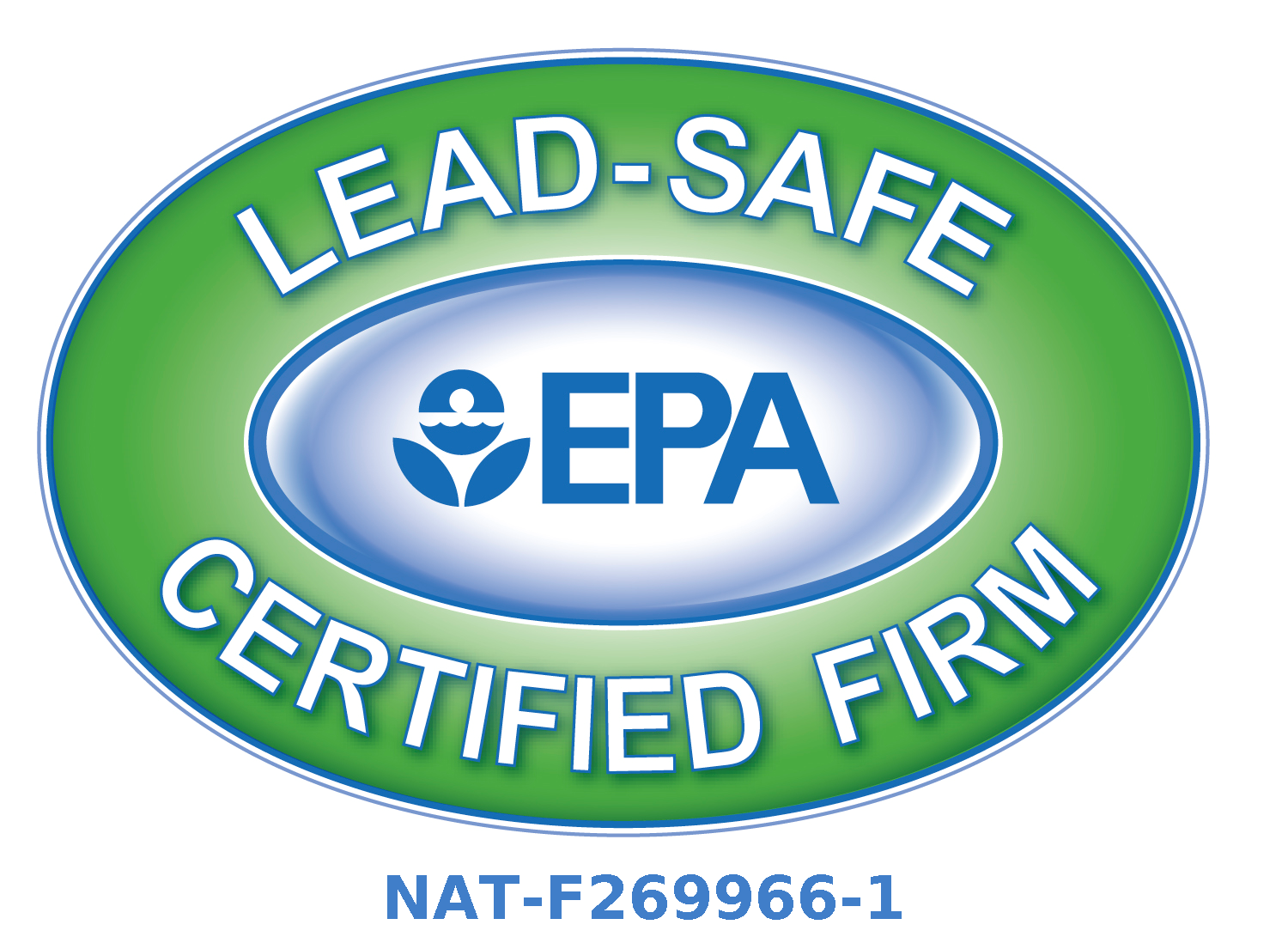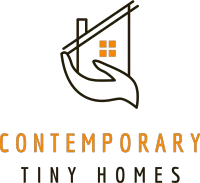Knowledge Center: Your Go-To Resource for ADUs and Tiny Living
Knowledge Center: Your Go-To Resource for ADUs and Tiny Living
Email [email protected]
Phone 860-TINY-HOM (es)

How do I manage waste disposal and sewage in an ADU?
Effective waste disposal and sewage management is one of the most important components of maintaining a functional, healthy, and sustainable Accessory Dwelling Unit (ADU). Whether you’re a homeowner building an ADU or a tenant living in one, understanding proper waste-handling procedures helps ensure a clean living environment and compliance with local regulations.
This guide outlines best practices for solid waste management, composting, sewage system options, and regulatory requirements to help ADU owners create a safe and environmentally responsible home.
Understanding Waste Disposal and Sewage Systems in ADUs
Overview of Waste Management in ADUs
ADUs—also known as backyard cottages, casitas, granny flats, or studio units—have specific waste disposal needs due to their compact design and proximity to the primary residence. Proper systems ensure convenience, sanitation, and environmental protection.
How ADUs Differ From Traditional Homes
Because ADUs typically have limited storage space and may share or partially connect to the main home’s sewage system, thoughtful planning is crucial. ADUs may:
Require smaller or separate waste bins
Use a shared sewer line or their own system
Need compact waste solutions due to space constraints
Understanding these differences makes it easier to design a functional, compliant setup.
Best Practices for Solid Waste Management in ADUs
1. Segregation and Recycling
Space-efficient waste segregation helps keep the ADU organized while supporting sustainability. Tips include:
Use clearly labeled bins for recyclables, compostables, and trash
Choose stackable or slim-profile bins to maximize small spaces
Follow local recycling guidelines to avoid contamination
2. Composting Organic Waste
Composting reduces landfill waste and is ideal for ADUs with limited trash capacity. Popular compact composting options include:
Worm bins (vermicomposting)
Countertop composters
Sealed under-sink systems
These solutions minimize odors and work well in small indoor environments.
3. Handling Hazardous Waste Safely
ADU residents should properly store and dispose of items like batteries, chemicals, paint, and electronics. Always follow:
Local hazardous waste drop-off programs
Storage guidelines (cool, dry areas away from heat sources)
Proper labeling to avoid accidental misuse

Choosing the Right Sewage System for Your ADU
Sewage System Options
ADUs can use several types of waste systems, depending on property layout and local codes:
Connection to Main Home Sewer Line
– Most common and cost-effective
– Requires proper capacity verificationIndependent Septic System
– Ideal for rural areas or large lots
– Requires soil testing and routine maintenanceMini or Compact Treatment Systems
– Great for ADUs with space limitations
– Costlier but highly efficient
Factors to Consider
Before choosing a system, evaluate:
Soil type and drainage
Local permitting requirements
Installation and maintenance costs
Water table levels
Available space for tanks or drains
Consulting a licensed plumber or septic professional helps ensure compliance and efficiency.
Smart Strategies for Efficient Waste Management
Space-Saving Solutions
Since ADUs often have limited storage, consider:
Vertical recycling organizers
Under-sink compactors
Slim composting units
Pull-out waste drawers
These solutions help keep the space clutter-free while maintaining easy access.
Using Technology for Convenience
Modern waste and sewage systems can improve efficiency:
Smart waste bins with fill-level sensors
Composters with automatic aeration
Sewage monitoring systems that notify users of issues early
These tools make waste management easier for both owners and tenants.
Regulatory Compliance for ADU Waste Systems
Waste regulations vary city by city, so homeowners must verify requirements before installation.
Local Codes and Zoning Regulations
Local building codes detail:
Waste bin requirements
Sewer connection rules
Setbacks and distance from water sources
Allowed septic system types
Researching these early prevents costly redesigns or violations.
Permit Requirements
Sewage installations typically require:
Plumbing permits
Septic approvals
Environmental health department clearance
Never install a sewage system without proper approval—penalties can be expensive, and improper installation can pose health risks.

Conclusion
Managing waste disposal and sewage in an ADU requires thoughtful planning, proper equipment, and adherence to local regulations. By choosing the right systems, adopting efficient waste-management practices, and staying compliant, homeowners can create clean, safe, and eco-friendly living spaces.
Responsible waste management doesn’t just enhance the ADU’s functionality—it benefits the entire property and contributes to a healthier community.
FAQ
What are the biggest challenges with waste disposal in ADUs?
The most common challenge is limited space for proper sorting and storage. Compact waste solutions and recycling systems help overcome this.
Are there specific waste disposal rules for ADUs?
Yes. Many cities have ADU-specific guidelines for sewer connections, recycling standards, and bin placement. Always check with your local building or sanitation department.
How can ADU owners reduce environmental impact?
By implementing recycling, composting, eco-friendly cleaning products, and energy-efficient appliances, ADU owners can significantly reduce waste output.

Copyright 2026. All rights reserved. Norwalk, CT
Connecticut's New Home Construction Contractor License: #NHC.0017654
EPA Lead-Safe Certified NAT-F269966-1



